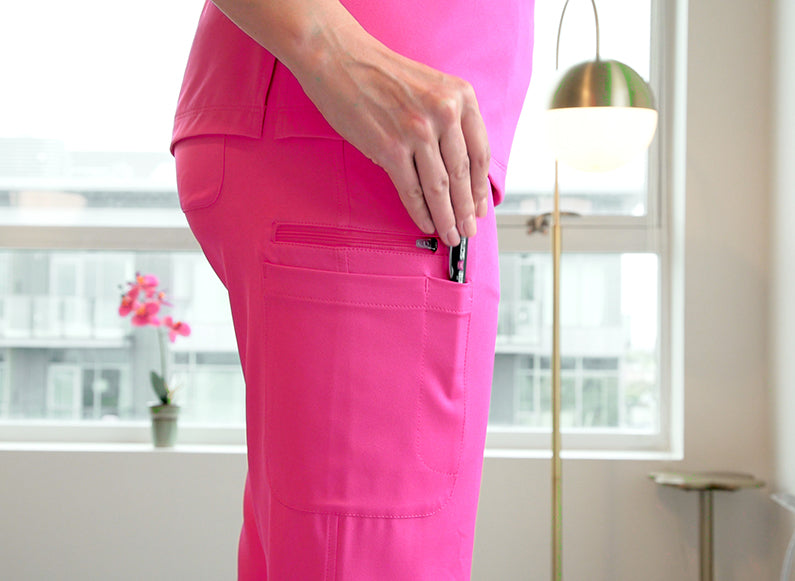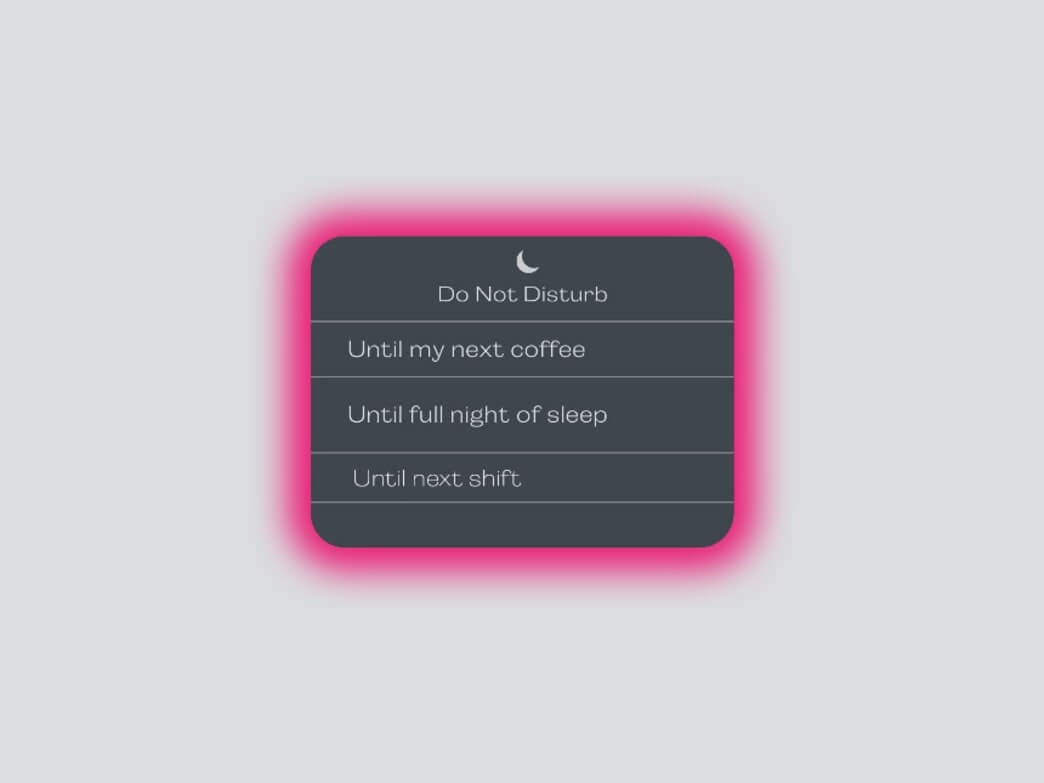According to nurse.org., nurses are ranked the most trusted profession for the last 19 years. It is a career that is professionally, personally, and spiritually rewarding. Nurses have the opportunity to connect with people during their most vulnerable and difficult times across their lifespan. The job can be physically and mentally demanding and it’s important that nurses remember to take care of their own health and wellbeing. Self-care includes getting high quality sleep to restore the body and brain.
A good night’s sleep is just as vital to health as eating well and getting enough physical activity. According to the National Heart, Lung, and Blood Institute, there are a few tips to help:
Stick to a sleep schedule
Go to bed and wake up at the same time every day. If you’re a night shift nurse, you can adjust sleep hours during your days off to get more if needed. You should always be sleeping after your shift because the lack of sleep can cause significant health problems.
Use Exercise To Your Benefit
Exercise is great, but not 2-3 hours before designated sleep time.For a nurse working several 12 hour shifts in a row, you should still aim for a 20 minute brisk walk before or after your shift to help with cardio benefits. Exercise should be enjoyable, not another chore. If you take your walk outside you can benefit from natural sunlight that can help regulate daily sleep patterns.
Avoid Alcohol, Caffeine, and Nicotine
It is best to not consume large amounts of caffeine a few hours before the shift is over as this may prevent going to sleep. Up to 400mg of caffeine a day is safe, which is equivalent to 4 cups of coffee. An alcoholic drink may help you get to sleep but interferes with healthy deep sleep causing frequent waking up in the middle of the sleep cycle.
Implement Relaxing Activities
Take time to unwind, and make it a ritual. Try relaxing activities such as:
-
Reading
-
Listening to music, Take a hot bath or shower
-
Create an optimal sleep space - Block noises and bright lights, and remove electronic devices. Keep the room cool.
-
Wear your favorite pair of pajamas (or even try sleeping in a pair of Moxie scrubs!)
Should I Nap?
Shift workers often wonder if they should nap before work, or even during their break at work. Naps should be short, no longer than an hour. A nap can boost brain power but a nap 2-3 hours before going to sleep at the regular time may cause difficulty in going to sleep.
What if I Can’t Sleep?
Don’t lie in bed awake. If you are not asleep within 20 minutes, get up and do something relaxing until you feel sleepy. Do not be anxious about not falling asleep. Deep breathing is calming.
Instill some good sleep habits and you’ll reap the benefits, and so will your coworkers and patients. Nurses know the Moxie scrub looks good and feels good whether in the workplace or in the bedroom. Try a pair and see!
References
nurse.org, & Gaines, K. (2021, January 19). Nurses Ranked Most Trusted Profession 19 Years in a Row. Nurse.Org. https://nurse.org/articles/nursing-ranked-most-honest-profession
National Heart, Lung, and Blood Institute (NHLBI). (2011, September). In Brief: Your Guide to Healthy Sleep. Retrieved June 15, 2020, from https://www.nhlbi.nih.gov/files/docs/public/sleep/healthysleepfs.pdf
Mayoclinic.org. How much should the average adult exercise every day? Retrieved from: https://www.mayoclinic.org/healthy-lifestyle/fitness/expert-answers/exercise/faq-20057916#:~:text=Get%20at%20least%20150%20minutes,provide%20even%20greater%20health%20benefit.
Mayoclinic.org. Caffeine: How much is too much?
Retrieved from: https://www.mayoclinic.org/healthy-lifestyle/nutrition-and-healthy-eating/in-depth/caffeine/art-20045678#:~:text=Up%20to%20400%20milligrams%20(mg,two%20%22energy%20shot%22%20drinks.
Author:
Nell O'Donnell BSN RN with over 40 years experience including intensive care, industrial, case management, and school nursing. Primary interests are aging and school age children





